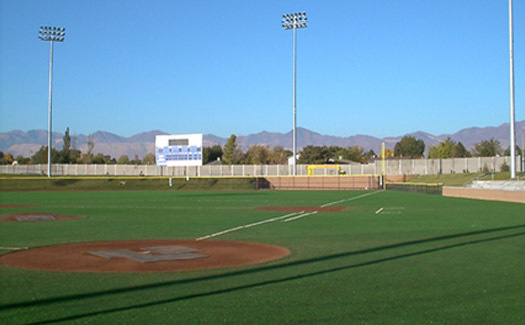Introduction
WIth thirteen locations throughout the Salt Lake Valley, Salt Lake Community College offers a wide variety of courses designed to meet the needs of a growing community. Classes at SLCC include everything from Accounting to Yoga Teaching with associate’s degrees, professional certificates, technical and career education credits, diplomas and transfer education certificates being awarded. Salt Lake Community College also offers an extensive array of non-credit classes for students who want to learn a new skill or hobby or just want to improve general education skills such as reading and math. The surrounding community offers an abundance of activities, so students seeking to relax and have fun will have no problem finding something to do. SLCC offers a unique environment in which to learn and strives to meet the goals of every student that seeks enrichment.

